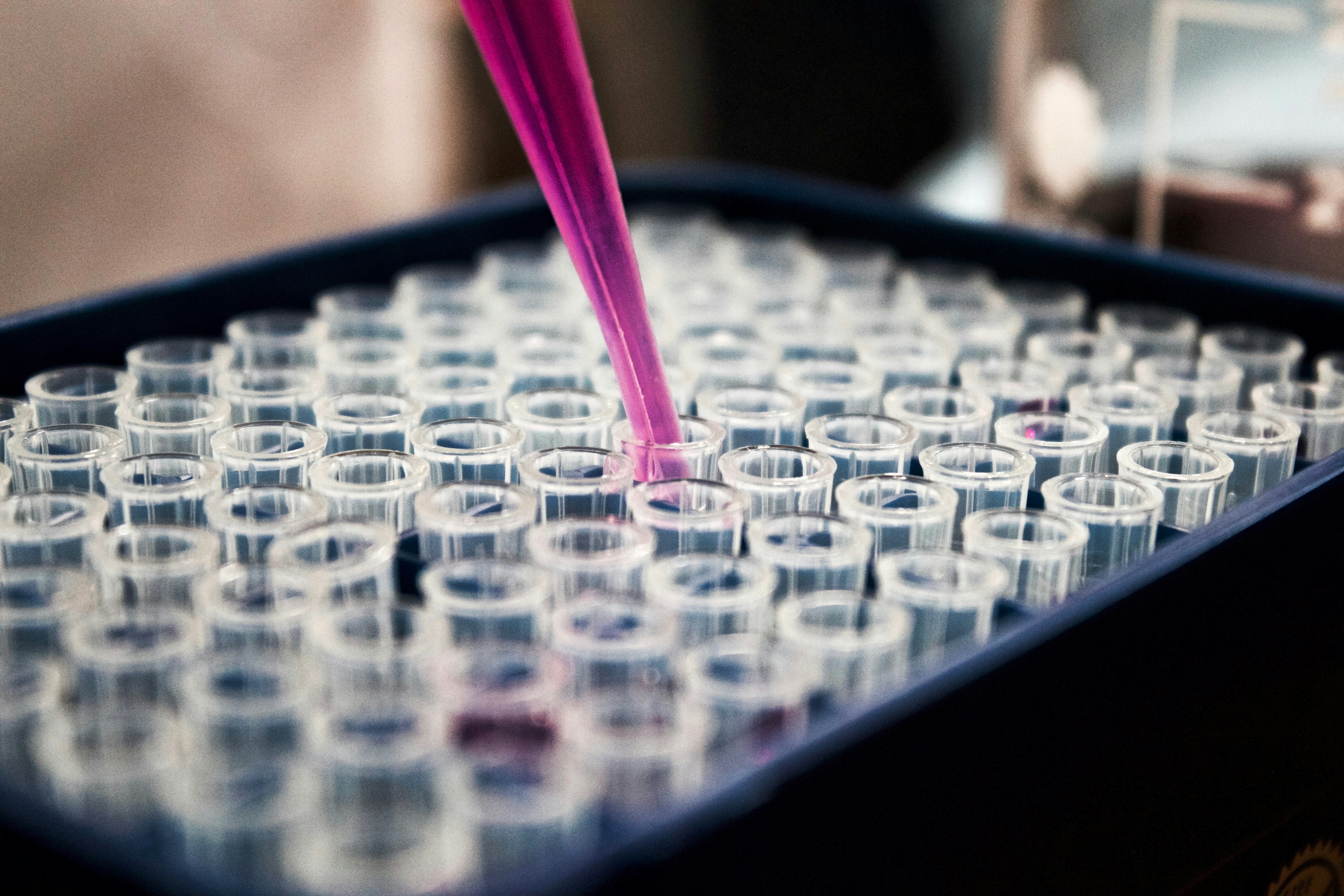Together, cell-based immunotherapy, cell therapy, gene therapy and tissue-engineered products have the potential to treat illnesses and chronic conditions like cancer and other immune diseases that today’s medicines can’t. However, unlike conventional medicines, the process of developing, testing and manufacturing advanced cell immune therapeutics is very different, from the high cost of production to biomanufacturing complexity and the patient’s treatment journey. In Ireland, a world-class team of specialist researchers is investigating ways to help the industry to meet and overcome those challenges.

Ireland’s advantage: coordinating multiple stakeholders
Compared with traditional pharmaceuticals, cell and gene therapy requires a coordinated effort between researchers, drug development and pharmaceutical companies, outsourced manufacturers, healthcare providers, investors, regulators and data scientists. Professor Athanasios (Sakis) Mantalaris believes this factor gives Ireland a crucial edge in this field.“For cell and gene therapy you need a complex network of multiple providers,” says the world-renowned researcher, who was attracted to work in Ireland at the end of 2022 after prior posts at Georgia Tech in the USA and Imperial College London.
Prof Mantalaris contends that the need for interdisciplinary teams can help to make Ireland a “destination of choice” for the biomanufacturing industry and also for carrying out clinical trials. “Ireland is a small country. People see it as a weakness but we see it as a strength... It can achieve things that are harder to achieve in other countries,” he contends.Tackling complexity in the process
“Because Ireland is small, we intend to put together interdisciplinary, integrated teams and draw expertise – let’s say from the appropriate immunologist or the manufacturing expert to the clinical expert or patient advocacy groups. We think that by creating this environment and because of the size, being small, will have a multiplying effect. We want to create a sustainable ecosystem in Ireland,” he says.Their work also feeds into the IMPACT centre, a consortium co-led by Trinity College Dublin and the University of Galway. All told, it includes seven Irish universities, five hospitals, four organisations including NIBRT and the Irish Blood Transfusion Service, and more than 60 principal investigators. The name stands for Irish Medicines – Centre for Personalised Advanced Cellular Therapeutics.Prof Mantalaris’ work, together with his colleague Professor Nicki Panoskaltsis, is being undertaken by Trinity College Dublin’s Trinity Translational Medicine Institute (TTMI), and The National Institute for Bioprocessing Research and Training (NIBRT), in conjunction with Research Ireland and St James’s Hospital. It focuses on developing precision biomanufacturing to generate high-quality cellular therapy products.
Professor Aideen Long, principal investigator and director of TTMI, adds her voice to the debate. “In Ireland, we have a very fluid relationship between industry, academia and other governmental and non-governmental bodies, working together, right through to the patient. Our research at TTMI is very patient-focused and we’re close to patient research from the basic level right through to clinical trials and patients coming to clinics. There is quite a push forward in bringing all these people together,” she says.
 Challenges in manufacturing advanced therapies
Challenges in manufacturing advanced therapies
There are lots of potential areas worth investigating for IMPACT. Every stage of the cell therapy production process presents multiple challenges from sourcing the cells through to modifying them, manufacturing and testing the therapy, distribution and delivery, through to clinical application. Along that complex chain, developers also need to check for donor variability of the cells; test to make sure there is no immune response in the patient; the therapy must be reproducible from one batch to the next; it has to be sterile, potent and pure. There are considerations around logistics and delivery times, and above all, the therapies need long-term monitoring for safety and efficacy of response.
This all helps to explain why IMPACT’s work is already attracting the industry’s attention. According to Prof Mantalaris, large pharmaceutical companies are responding positively to the proposal because of its potential to help them with manufacturing challenges.The model for developing advanced therapies either involves a pharmaceutical company or a private biotech firm sponsoring their development, or it starts life in an academic centre and is subsequently commercialised by a pharma company. As ASU president Michael Crow recently pointed out, technological breakthroughs and innovations in any field often build on the “invisible” work of many academic researchers.
“We go right from the design – the basic biology – all the way to the making and manufacture of the drug, putting the patient at the centre which ensures the patient’s voice is heard and affordability takes front and centre. We are not just trying to address research challenges but also clinical challenges and create a manufacturing industry for Ireland. We want to be able to attract biomanufacturers because of the great tradition in manufacturing that Ireland has,” he says.
Another advantage for Ireland is its diverse demographics which can offer fresh perspectives from clinical trials. These take on oversized importance in cell and gene therapy because of how unique a treatment is to each patient. Thanks to much inward migration in recent years, Ireland’s population provides an effective test-bed for researchers who need to understand differences between various ethnic groups and people from different parts of the world. This diversity also helps to correct potential biases such as testing too many people with similar genetic backgrounds.
 Healthcare and treatment benefits
Healthcare and treatment benefits
The potential benefits could not be clearer: these advanced immune cell therapies offer the potential to treat different types of cancers, autoimmune conditions, as well as other inflammatory and degenerative diseases. This field has seen significant developments over the past decade, with a form of immune therapy that uses a patient’s own immune cells to target otherwise incurable cancers. As an example, in the seven years since the first clinically approved CAR-T cell therapy in 2017, there have been 9 FDA approved immune cell therapies. In comparison, there were four approved biologics in the seven years following the first clinically approved monoclonal antibody in 1986.
And as greater understanding and focused research leads to more breakthroughs in cell therapies, it’s hoped this will lead to better outcomes for patients. Prof. Mantalaris’ research, and the work of IMPACT, also aims to address both the availability and affordability of treatments, saving patients from needing to travel to other countries to get the therapies they need. “We have an ambitious vision for Ireland by 2034 to treat over 1,000 patients per year for multiple diseases using cell therapeutics, so there won’t be a need to send patients outside Ireland,” he says.
Analysis from Precision Research estimates that advanced therapies including cell and gene therapy research will account for approximately 20% of the size of the total pharmaceuticals market. In 2023, it valued this area at US$14.52 billion, and is forecasting this will have more than doubled by 2027, and estimates the market for cell and gene therapy to be worth US$97 billion by 2033.
That’s the scale of the opportunity awaiting Ireland, Prof Mantalaris believes. “We want Ireland to grow its own homegrown industry. We want to create 3,000+ jobs leveraging the biomanufacturing expertise that is in Ireland with the development of clinical trials and a clinical pathway. This is achievable.”
